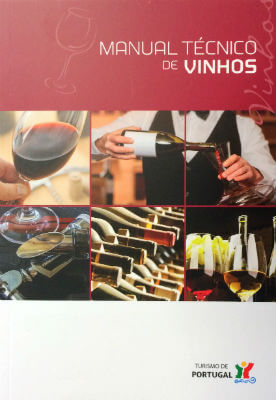Text João Barbosa | Translation Bruno Ferreira
It is said that the Portuguese are pessimist, fatalist… fado and longing. We also know we’re the best in the world and when it comes to partying we’re only beaten by the Spanish – I write this words whispering, isn’t some «vecino» going to hear these letters and start to take advantage in laughter.
I heard, a while ago, that we’re a bipolar people. I believe there’s great truth in such statement, since to us everything’s either black or white. However, along history, Portuguese have shown to possess a fine capability of adapting themselves to reality and the world.
As the saying goes: Sorrows do not pay debts! In these difficult years – which began even before 2011 and Troika – the Portuguese have been showing their fiber. The crisis and austerity caused and causes dents, but, between bankruptcies and disappointments the truth is we did not break.
Simple things do wonders. When going through a hard time, if we look up we can find tools to fix our problems. Simple things require work.
Some days ago it was published a book of great utility for oenophiles and restaurant and hotel’s business entrepreneurs. What’s the worth of knowledge if not shared? No man is born wise and we have a whole life to learn..
Turismo de Portugal published «Manual Técnico de Vinhos» (Wines’s Technical Manual), with the end of being a manual. It’s a shame they only made 2500 copies… I hope it attains great success, that would mean making many more editions and books. Let there come more works, with more ideas.

Manual Técnico de Vinhos in turismodeportugal.pt | All Rights Reserved
The price? Is it expensive? Cheap? I have nothing to do with other’s pockets, but I think that a working tool doesn’t really have a cost. It’s €10 to school community – hotel sector I suppose – and €15 to general public.
I can reason with the price paid for an economic menu… a simple meal – soup, half portion, drink and coffee – costs half of that on an uninteresting snack-bar, that sells wine – at a higher price than knowledge value. Well, I’ll leave the pockets be, I don’t have salaries’ to pay.
As I said, it’s simple – simple requires work. The work was done by five hands, four (eight) connected to hotel and tourism’s schools: João Covêlo (Porto), Luciano Rosa (Algarve), Luís Lime (Estoril) and Paulo Pechorro (Coimbra). Along with the hands of oenologist Carlos Freire Correira.
Simple requires work. In addition, this one has the merit of having multiple reading levels. I think it helps beginners, reminds of some of the forgotten aspects and makes suggestions to the savvy ones.
No one will think that it exists a bottles tree and that some cultivars provide lemon juice and others wine. However, how many people know the process from its inception until uncorking or the different procedures?
The Manual’s first informations already air some certainties, contextualizing Portugal’s situation in the world. Then, approaches themes ranging from vines all the way to aromas and tastes’ perception. Ending with a useful glossary.
Is it little stuff? It’s not. Simple? Only the reading. Besides being a praiseworthy initiative, it’s a well-elaborated work, which doesn’t just tells us «things are like that, because they are», instead «they’re like that because…». Flaws? For sure it will have some. I speed read it and the only thing I noticed missing was an acute accent on the word Francónia – a German region integrated in Bavaria’s Federal State.




Leave a Reply